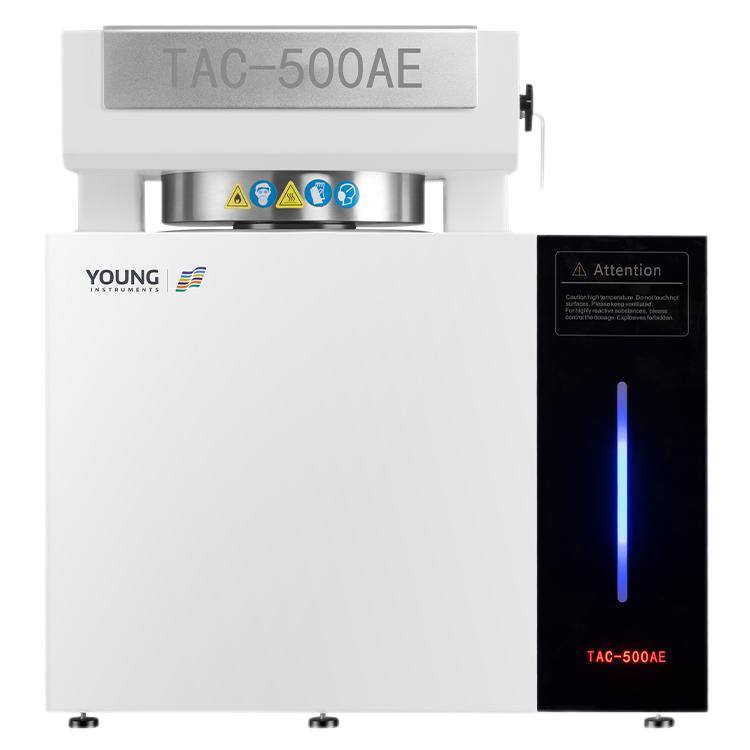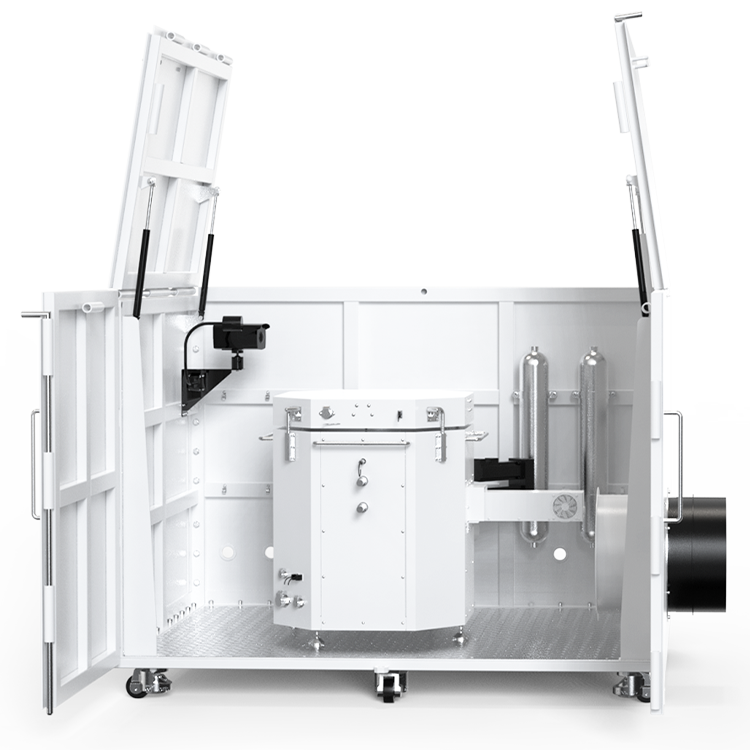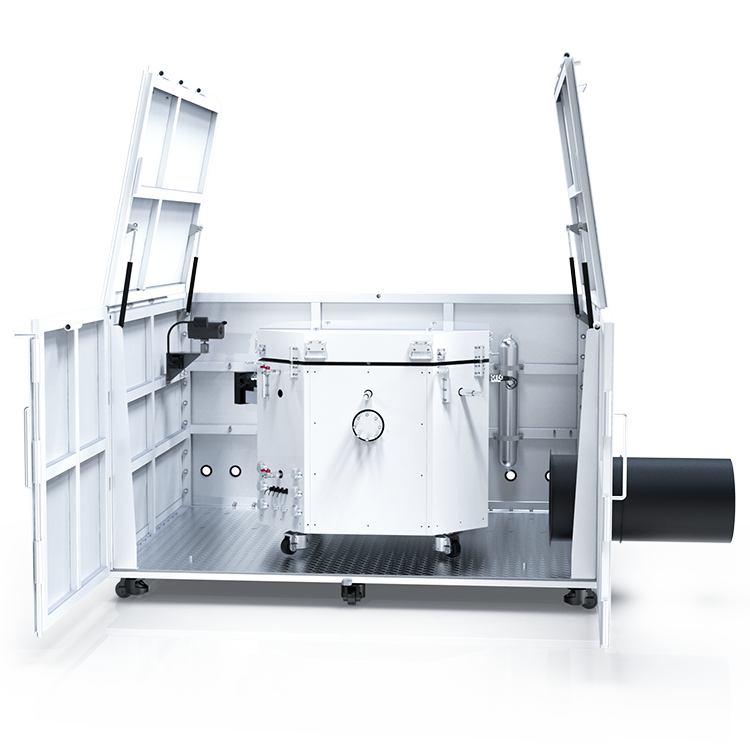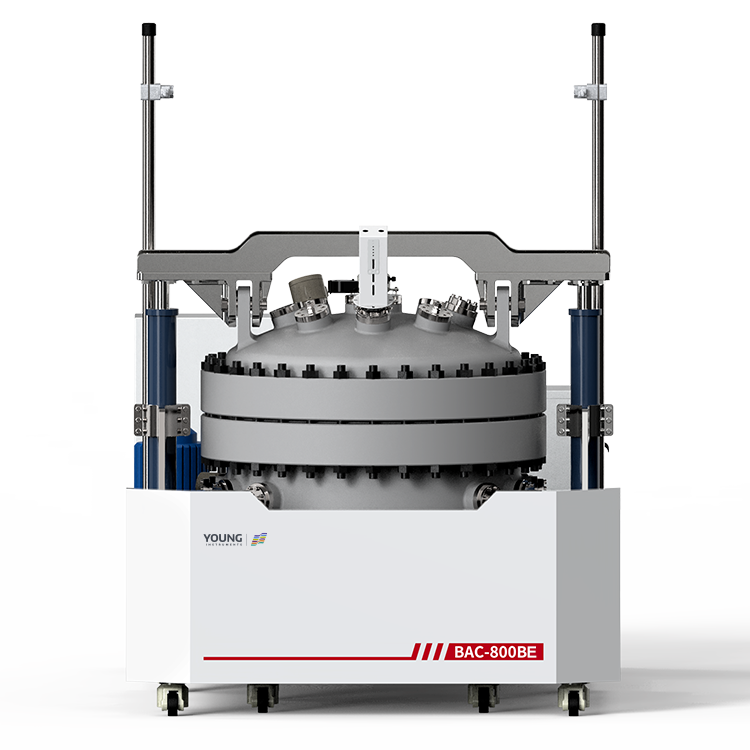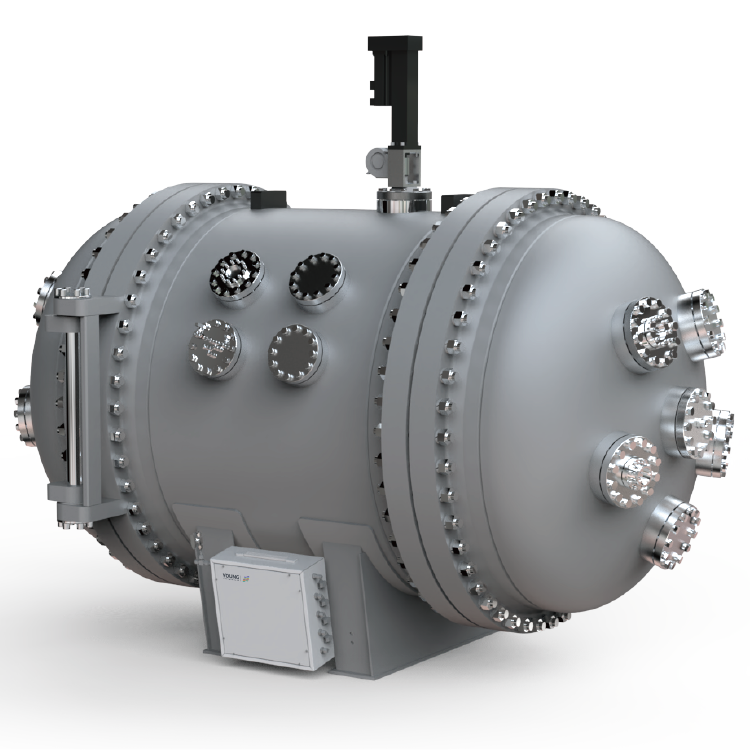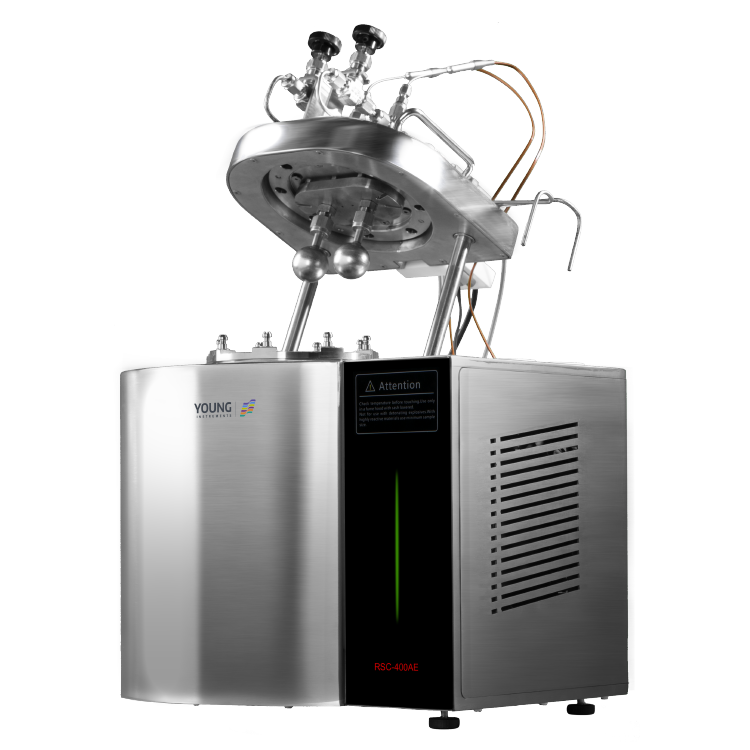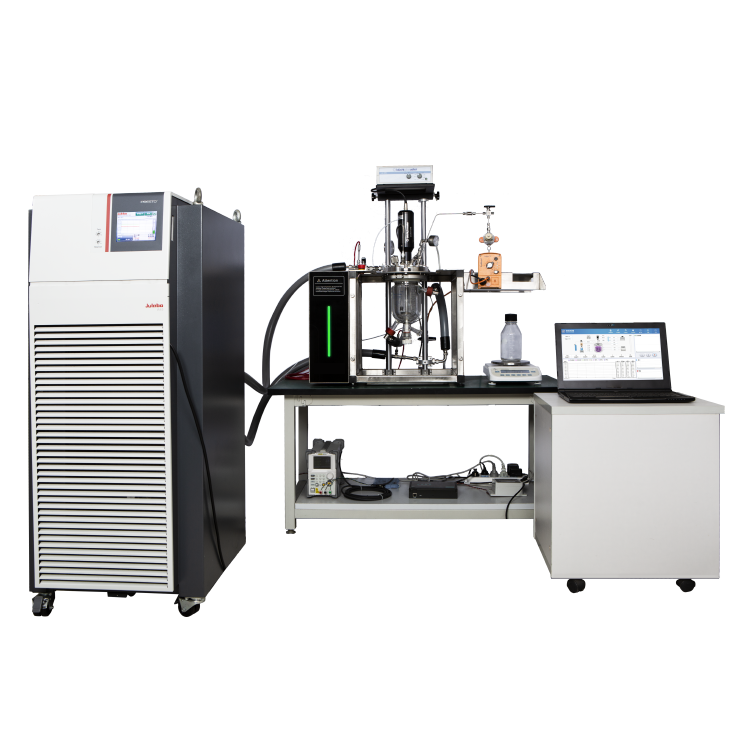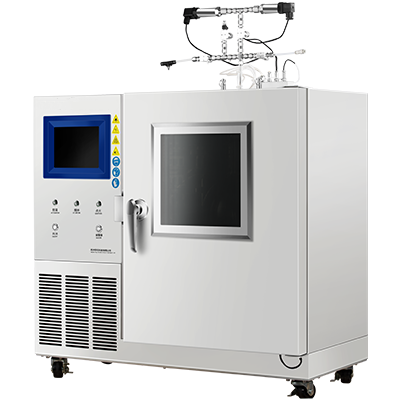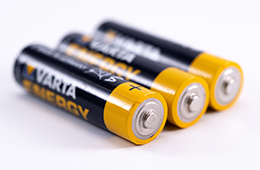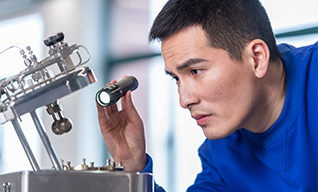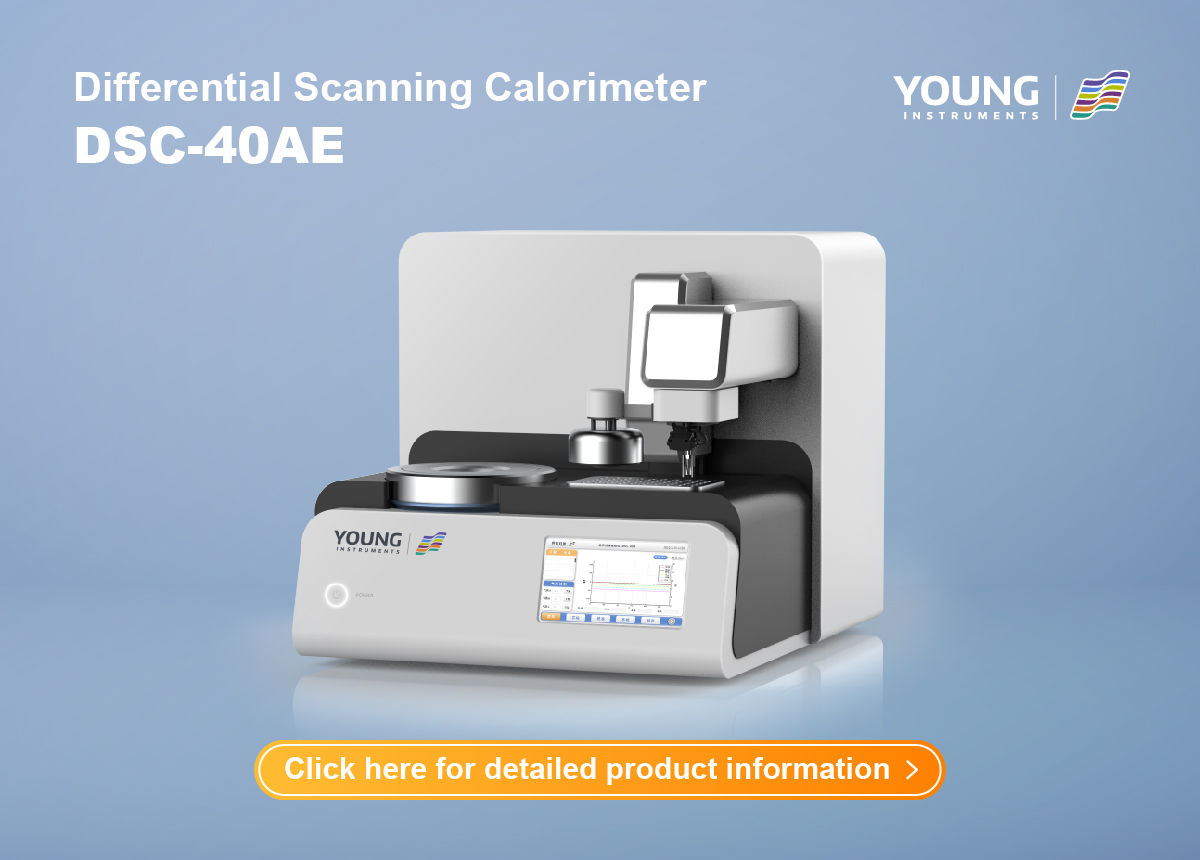Understanding ASTM E794: Guidelines for Differential Scanning Calorimeter (DSC) Testing
ASTM E794, a standard test method from ASTM International, utilizes differential scanning calorimetry (DSC) to measure materials’ specific heat capacity. Differential Scanning Calorimeters (DSCs) like the DSC-40AE analyze heat flow differences between a sample and a reference under controlled temperatures. The DSC-40AE employs a tower-type heat flow method for accurate temperature control, essential for studying thermal properties like phase transitions and specific heat capacity across different temperature or time settings.
ASTM E794 Standard Overview
Introduction to ASTM E794 Standard
ASTM E794, established by ASTM International, focuses on utilizing differential scanning calorimetry (DSC) and differential thermal analysis (DTA) to determine the melting and crystallization temperatures of crystalline materials. These methods offer a rapid and reliable means of evaluating thermal properties crucial for quality control, specification acceptance, and research endeavors. The standard plays a pivotal role in ensuring consistent and precise measurements of thermal characteristics across various materials, thereby supporting industry standards and scientific research.
Measurement of Melting and Crystallization Temperatures
ASTM E794 outlines procedures for precisely measuring the melting and crystallization temperatures of pure materials using DSC and DTA. These techniques involve controlled heating or cooling of the material while monitoring the temperature at which phase transitions occur. DSC measures heat flow differences between a sample and a reference, while DTA detects temperature differentials between them. Both methods provide detailed data on thermal transitions, essential for understanding material behaviors and properties.
Applicability to Thermally Stable Materials
The standard is broadly applicable to thermally stable materials with well-defined melting temperatures. These materials must exhibit clear and reproducible thermal transitions to ensure accurate measurement. ASTM E794 is particularly valuable for materials requiring stringent thermal property characterization, notably in high-performance applications. By establishing standardized methodologies, the standard facilitates the acquisition of reliable data critical for material development, quality assurance, and compliance with industry standards.
Operating Range and Instrumentation
ASTM E794 specifies a typical operating range of 120 to 600°C for DSC and 25 to 1500°C for DTA. These ranges can be extended based on instrument capabilities. Advanced features are often included to extend the temperature range and improve control accuracy. In addition, the standard allows for the use of computer or electronic instruments, techniques, or data processing methods that are comparable to traditional methods. This flexibility ensures that the standard can adapt to technological advances in thermal analysis. Supporting the continuous improvement of materials testing and research methods.
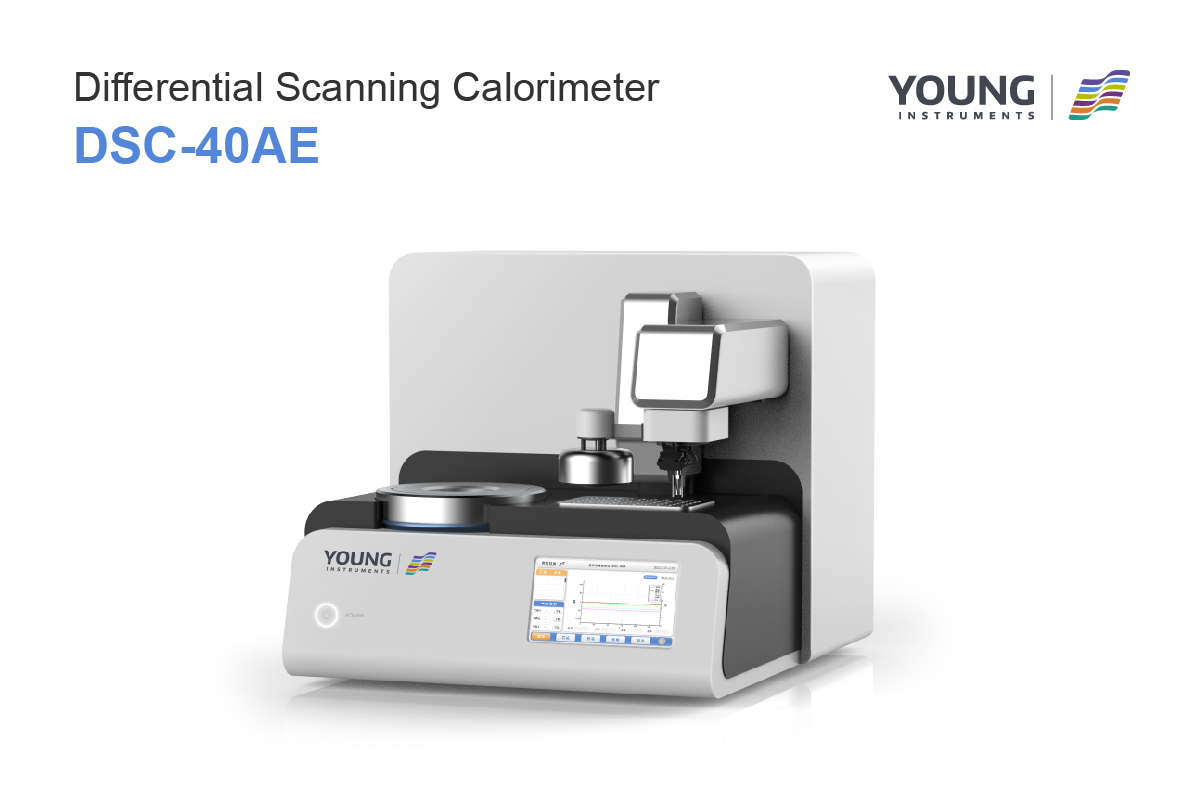
DSC Recommendation: Differential Scanning Calorimeter DSC-40AE
Operating Principle
The DSC-40AE operates based on the heat flow type DSC, where the main components are housed within a closed cylindrical silver furnace chamber. Heat is transferred to the sample through a heat flow sensor connected to a heating block. This sensor is constructed from a nickel-chromium alloy and features two raised platforms to support the sample and reference pans. Copper-nickel alloy pans, welded to the platform backs, use thermocouples to accurately measure the sample and reference temperatures. As the furnace temperature changes at a constant rate, the real-time heat flow difference between the sample and reference is measured, allowing for precise determination of the sample’s true heat absorption or emission through heat flow correction.
Advanced Technology and Features
The DSC-40AE utilizes tower-type heat flow technology to enhance resolution and sensitivity. Its silver furnace body ensures higher heat transfer efficiency, minimizing cross-interference between the reference and sample. The device uses a dedicated algorithm to precisely regulate temperature and heat flow signals. This enables accurate measurement of specific heat capacity and exothermic reactions. It supports both ramp and constant temperature temperature control modes. It provides comprehensive functions such as DSC start point, start set point, end set point, baseline, heat flow peak, glass transition temperature, peak area, absorption/release enthalpy, peak temperature, extrapolated onset temperature and specific heat. With a data acquisition rate of 50Hz, the DSC-40AE significantly improves sensitivity and resolution.
Enhanced Design and Usability
The DSC-40AE’s nickel-chromium substrate enhances high-temperature oxidation resistance, sensitivity, and dynamic response. Its optimized structural design ensures reliable baseline stability and an improved signal-to-noise ratio. The instrument is equipped with a high-definition touchscreen for easy operation, allowing users to navigate and control the system effortlessly. The robust design and advanced features make the DSC-40AE suitable for a wide range of applications, including quality control, research, and material development. It adheres to various standards such as GB/T 22232, GB/T 28724, GB/T 28723, GB/T 19466.2, ASTM E2253, ASTM E793, and ASTM E1269.
Specifications and Performance
The DSC-40AE operates within an environment range of 5°C to 40°C with less than 85% relative humidity. Its temperature control range spans from room temperature (RT) to 600°C, with a heating scan rate between 0.1K/min to 200K/min and a scan rate deviation of ±1%. The device boasts a phase transition temperature accuracy of ±0.1K and reproducibility of ±0.02K. Enthalpy measurements are precise, with an accuracy of ±1% and precision of ±0.25%. Baseline stability is maintained at 200μW with reproducibility of ±15μW. The heat flow display resolution is 0.1μW, and the heat flow peak noise is 9μW. The indium peak height/half-peak width is measured at 8mW/K, reflecting the instrument’s high performance and reliability in thermal analysis.
Closing Words
Comprehending ASTM E794 is crucial for precise differential scanning calorimeter (DSC) testing. This standard offers comprehensive protocols for measuring the melting and crystallization temperatures of crystalline materials, ensuring dependable thermal analysis. The DSC-40AE showcases these guidelines through its advanced heat flow technology, exact temperature management, and superior resolution capabilities. Its rugged construction and adherence to global standards make it an optimal tool for quality control, research and material advancement applications. Compliance with ASTM E794 enables scientists and manufacturers to perform meticulous thermal performance evaluations. Fostering innovation and ensuring high standards across different industries.








